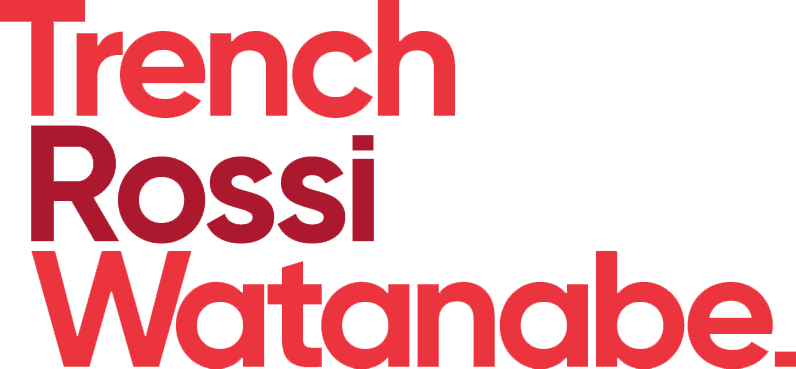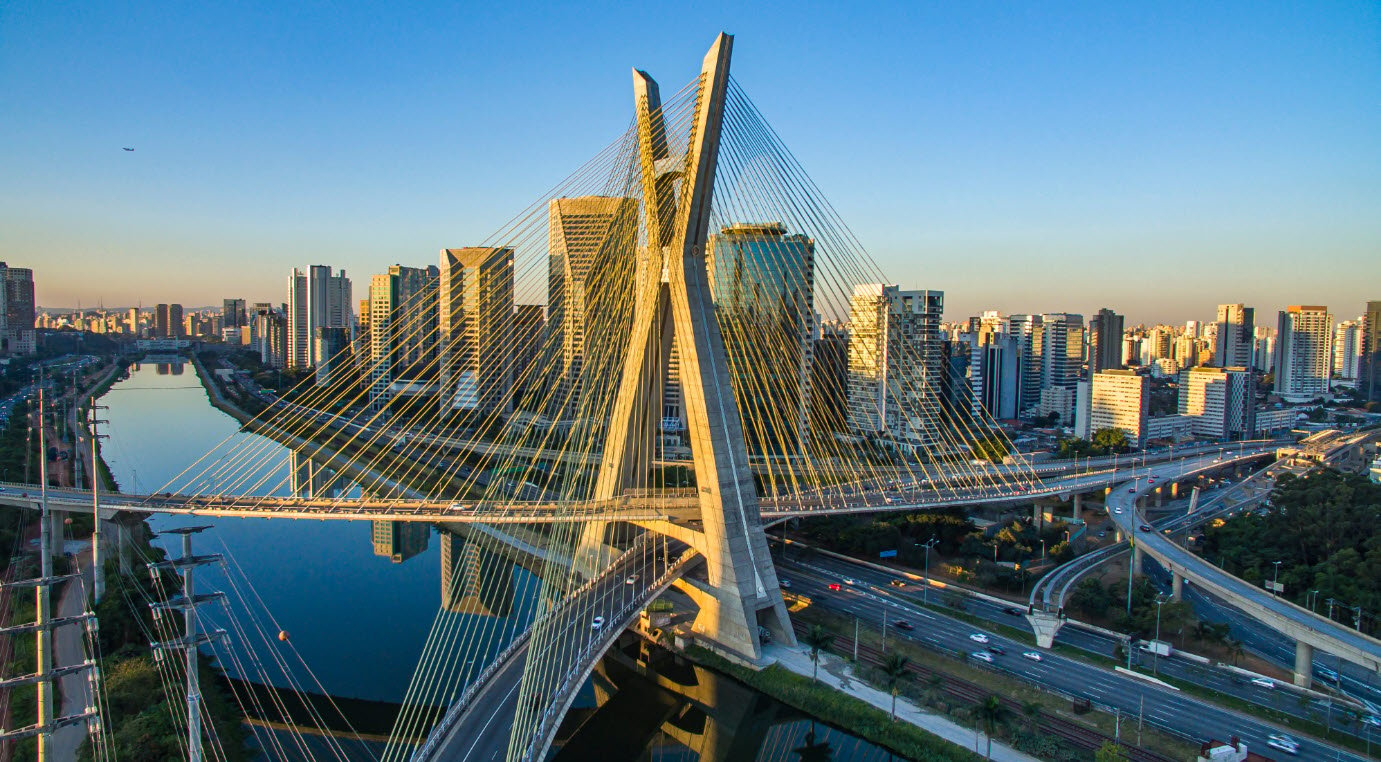In brief
Federal decree No. 10.936/2022, which regulates the National Solid Waste Policy, was published on 13 January 2022, revoking the previous regulation established by federal decree No. 7.404/2010 and federal decree No. 9.177/2017, which dealt with isonomy in reverse logistics as well as other provisions.
More details
The new regulation institutes the Nacional Reverse Logistics Program, integrating the National Information System on Solid Waste Management (“Sinir“) and the National Solid Waste Plan (“Planares“).
This program will be the instrument for coordinating and integrating reverse logistics systems and aims to: (i) optimize the implementation and operationalization of the physical and logistics infrastructure; (ii) provide scale gains; and (iii) enable synergy between systems.
The reverse logistics systems must be, within 180 days of the publication of this decree, integrated into Sinir. Also, for the purpose of inspecting these systems, the waste transport manifest, which is a self-declaratory document issued by Sinir and valid in the national territory, was established.
In addition to information on waste transport, reverse logistics systems must include the following other basic requirements: the location of voluntary delivery points; the consolidation points; and the results obtained, considering the established goals and any others requested by the Ministry of the Environment.
Also, reverse logistics systems, through sectoral agreements, regulations issued by the government or terms of commitment, shall be extended to products sold in plastic, metallic or glass packaging, as well as other products and packaging, primarily considering the degree and extent of the impact of the waste generated on public health and the environment.
Despite the revocation of the previous decree dealing with equality between those responsible for reverse logistics (whether signatories or not to a sectoral agreement or term of commitment), a specific subsection for this topic was provided in the new regulation.
According to information from the Ministry of the Environment, the new regulation aims to bring clearer and more effective measures to comply with the norm.
The public consultation for sectoral agreements and regulations, being formally standardized, also underwent changes.
In practical terms, the decree did not bring significant changes but reinforces the position that the government will continue to focus its action on urban policies, notably on reverse logistics and mass recovery of waste, which is one of the priorities of current management.
Our Environment, Consumer and Sustainability Team is available to provide further clarification on the subject.

Trench Rossi Watanabe and Baker McKenzie have executed a strategic cooperation agreement for consulting on foreign law.



